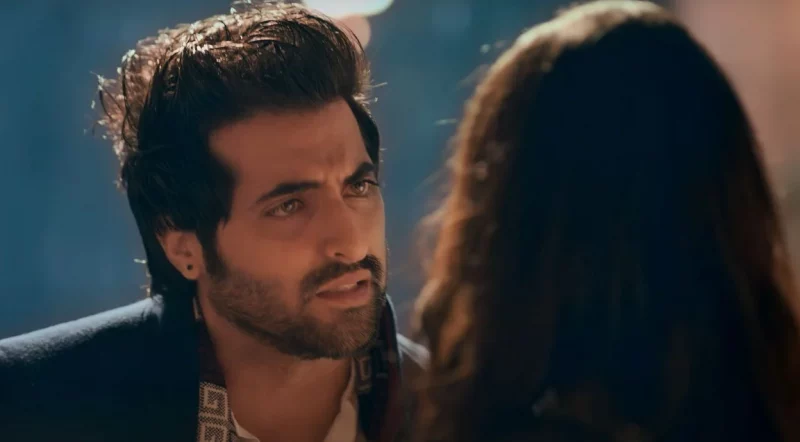Vikram Bhatt reinvented the horror genre with ‘Raaz’ (2002). The film, which went on to become one of the biggest successes of the year, paved the way for several more horror films. Mainstream actors started showing interest in this genre and big production houses were happy to back them up. Right from his first film ‘Madhosh’ (1994), Vikram made one believe that he had an ear for good music. In the last several years, however, his films have offered average to mediocre music. Also, his horror films have not managed to replicate the success of a ‘Raaz’ or a ‘1920’.
With his new film ‘Judaa Hoke Bhi’ designed as a horror musical, one looks forward to the kind of music it will have. Earlier titled ‘Cold’, the film has also garnered a lot of media attention for being India’s first virtual reality film. While Puneet Dixit has composed four songs, Harish Sagane and Amjad – Nadeem – Aamir (and) Chote Baba have been credited with a song each.
The album opens with “Mera Naseeb Ho Tum”, sung by Stebin Ben and written by Shakeel Azmi. While the ‘original composer’ of the track is Chote Baba, the credit for the ‘music’ has been shared by Amjad – Nadeem – Aamir and Chote Baba. This is, perhaps, the most mas-appealing song on the album. If promoted well, this can become reasonably popular, especially in smaller centers. Vikram Bhatt’s (or the music company) brief to the composers must have been to create a Nadeem – Shravan style melody. As the song begins, you are instantly reminded of the opening verses of “I Love My India” (‘Pardes’). As the song moves forward, you are reminded of several other songs composed by the duo who had a great run from the early ‘90s till the mid-2000s.
If Amjad – Nadeem – Aamir and Chote Baba tried creating a Nadeem – Shravan type song with “Mera Naseeb Ho Tum”, composer Puneet Dixit takes inspiration from Jeet Gannguli to put together the melody of “O Meri Jaan”. This sounds like a track that the composer made to pitch to Vishesh Films years back and ended up using it here. While the tune is dull and uninteresting, Puneet Dixit doesn’t impress much as a vocalist either. The lyrics (Puneet Dixit and Purvi Pathak) are average and filled with grammatical errors. “O meri jaan tere bina jeena mujhe kyon phir sazaa sa lage…” – it should have been “sazaa si lage” instead of “sazaa sa lage”.
If you listen to “Aye Mere Dil Bata” without going through the credits, you would, most likely, believe it to be a song composed by Ankit Tiwari. While Ankit does sing the track, it has been composed by Harish Sagane. The song starts off with a nicely arranged piano piece, Harish composes an immensely forgettable tune that reminds you of many of the underwhelming songs composed by Ankit himself.
The use of jazz elements and Sunidhi Chauhan’s presence make “Andekhi” one of the more interesting tracks on the album. The tune, composed by Puneet Dixit, is reasonably engaging and the lyrics, penned by Shweta Bothra, are decent. Sunidhi brings out the sensuousness in the song very elegantly to the fore with her dexterous rendition. The song has been arranged well and some of the standalone music pieces stand out. Watch out for the guitar piece that arrives at the 1:50 mark.
Mohit Chauhan manages to lend “Rootha Hoon” the kind of dramatic appeal it required. The tune, however, is not the kind you would remember after listening to the song once or even a couple of times. Stebin Ben’s ineffective rendition further damages the prospects of “Judaa Hoke Bhi”, one of the most unimaginatively composed title tracks for a film in the recent past.
Those looking for good music in a Vikram Bhatt film will have to revisit the soundtrack of a ‘Ghulam’ or a ‘Kasoor’. Even listening to the music of an ‘Ankahee’ or a ‘Jurm’ would be a good idea. Just like most of his recent ventures, the music of ‘Judaa Hoke Bhi’ is very average and won’t be remembered for long.

